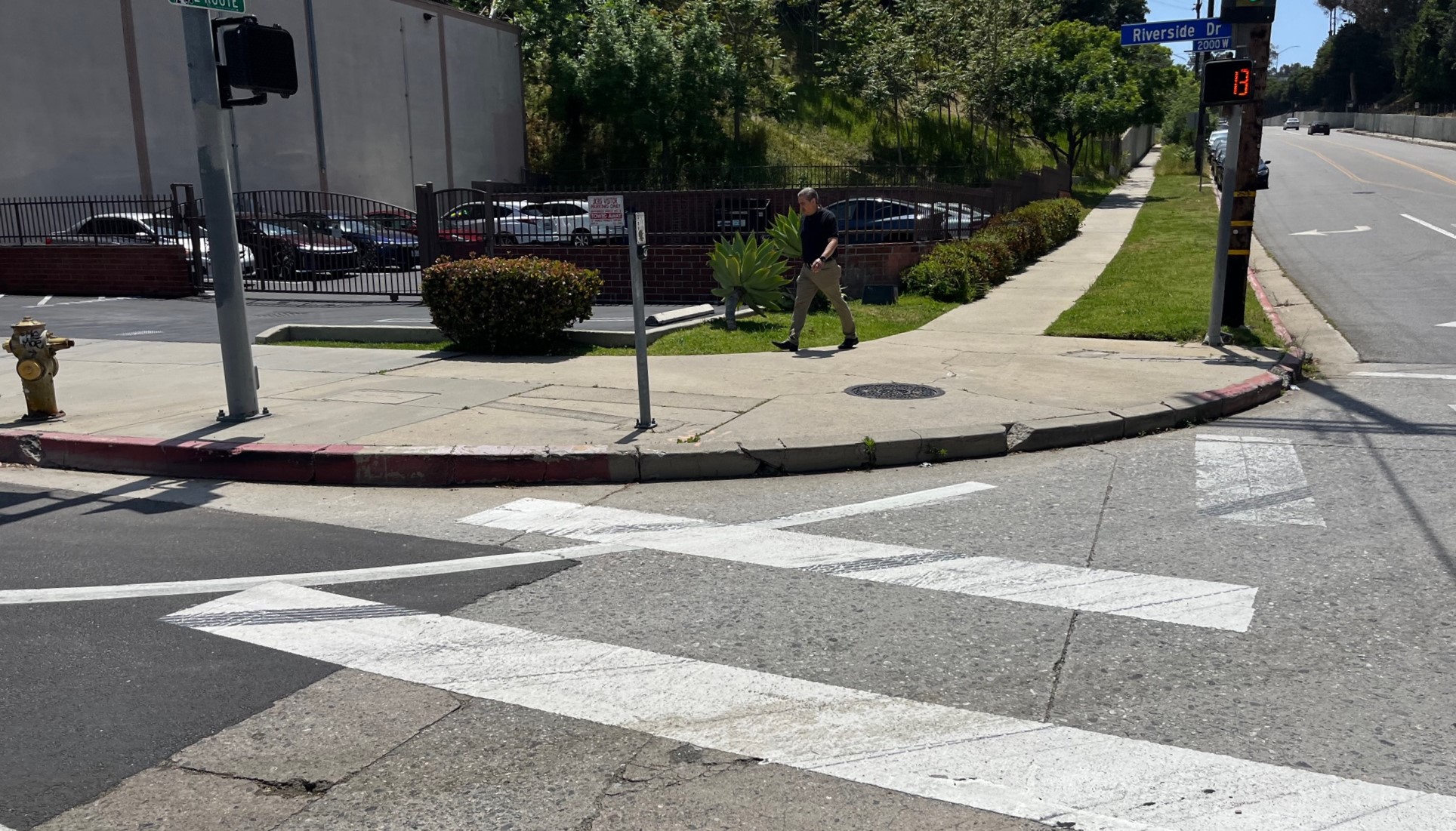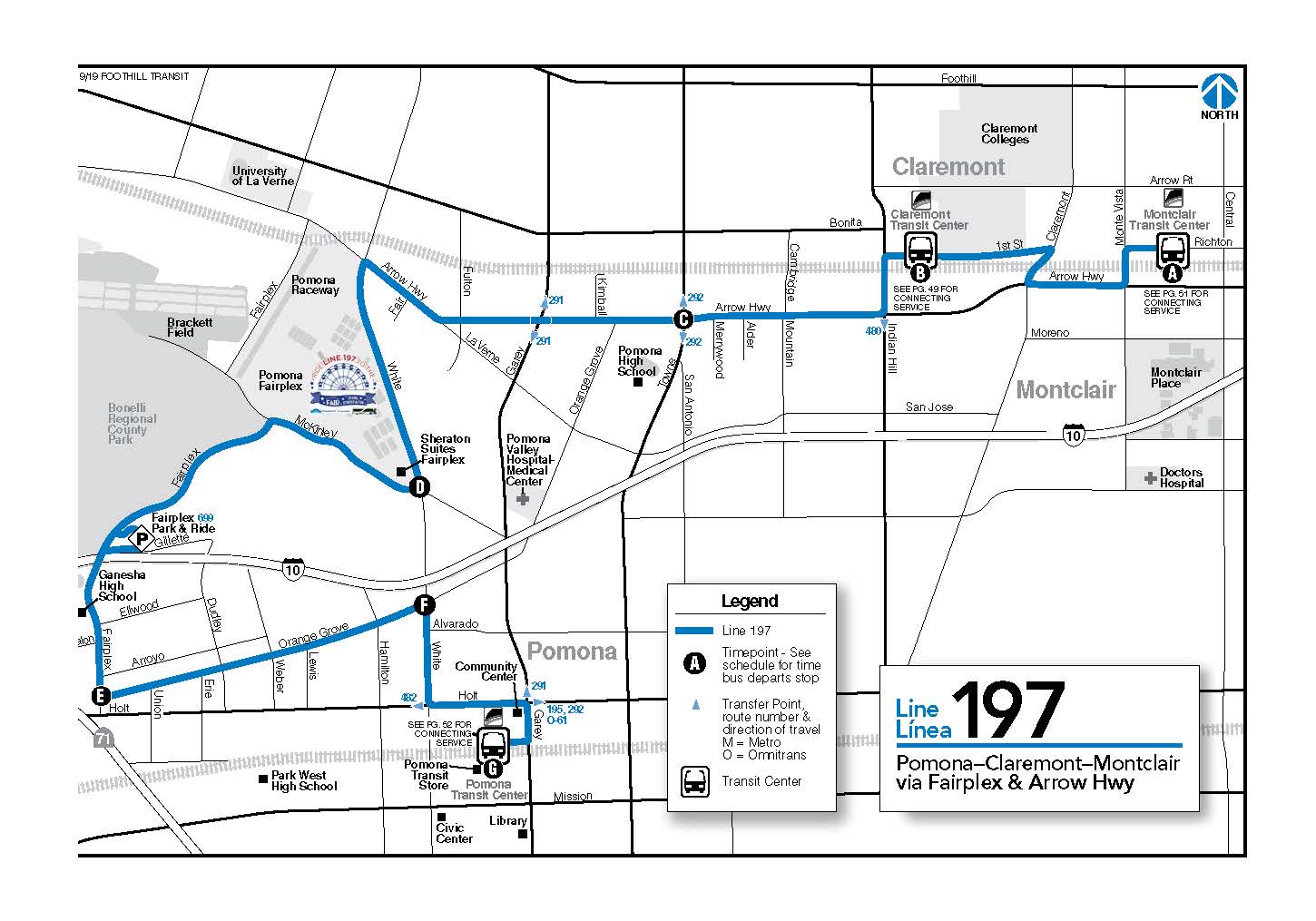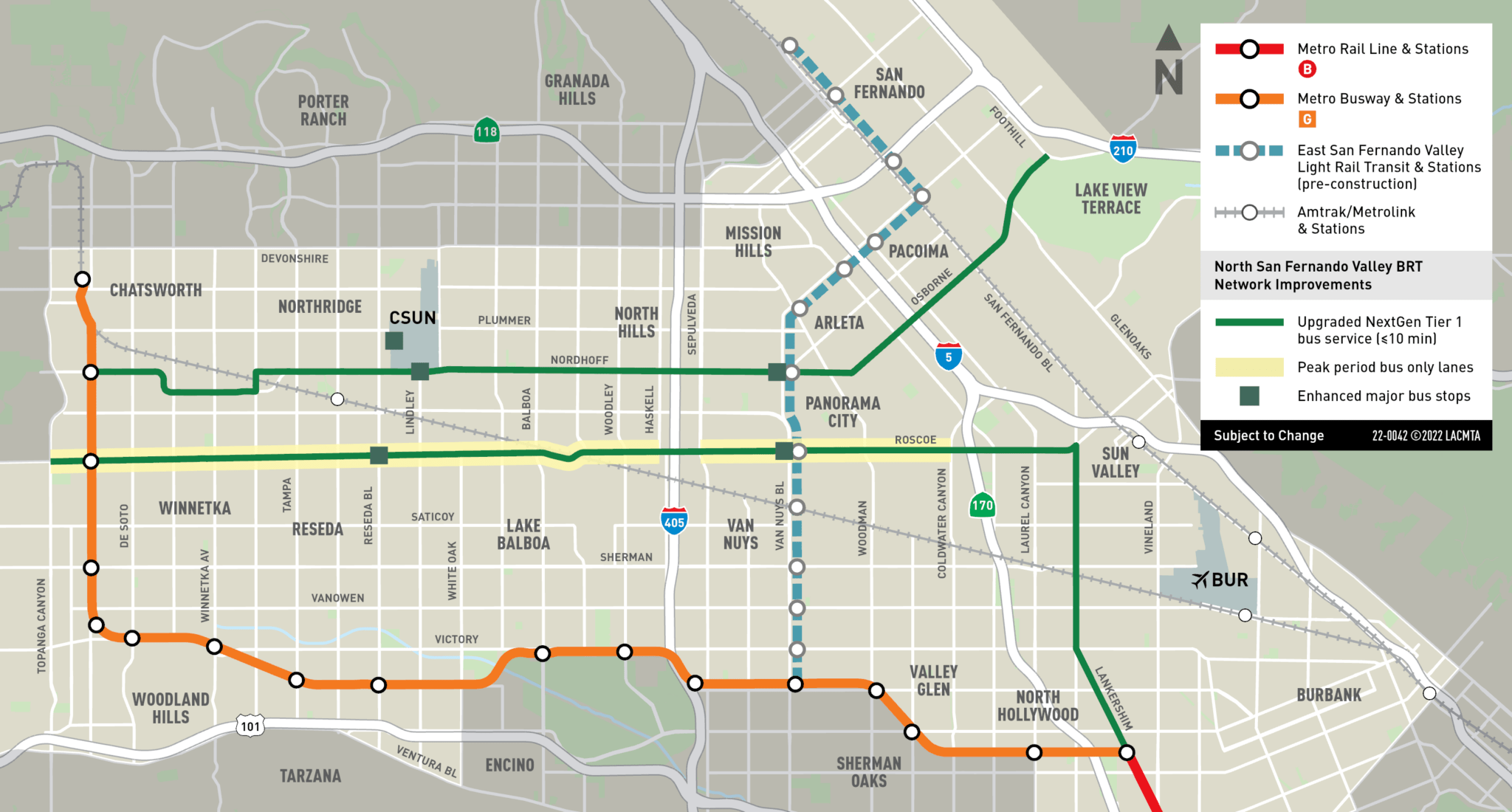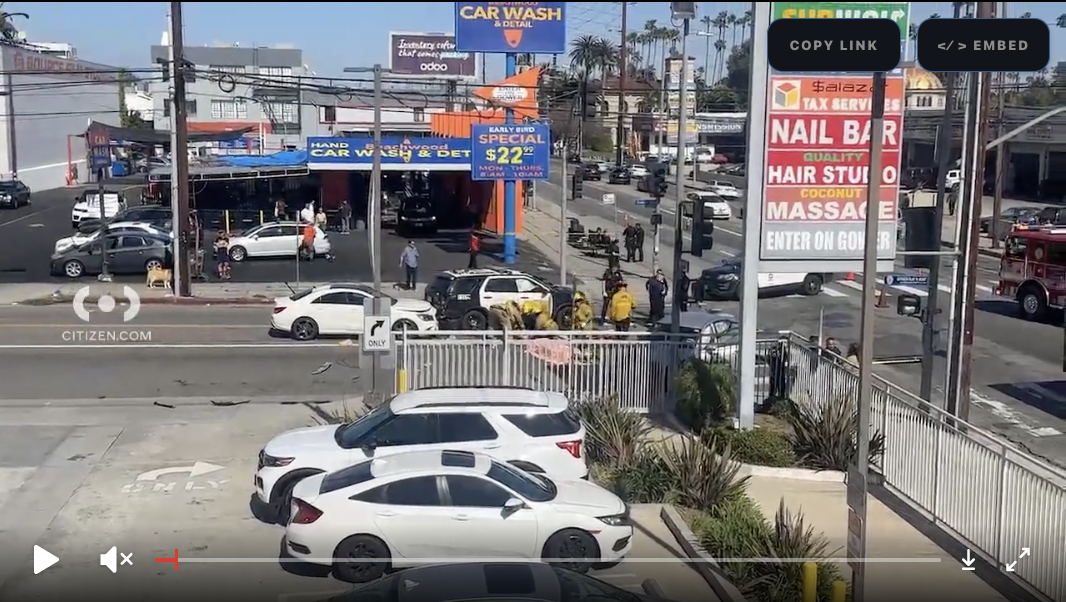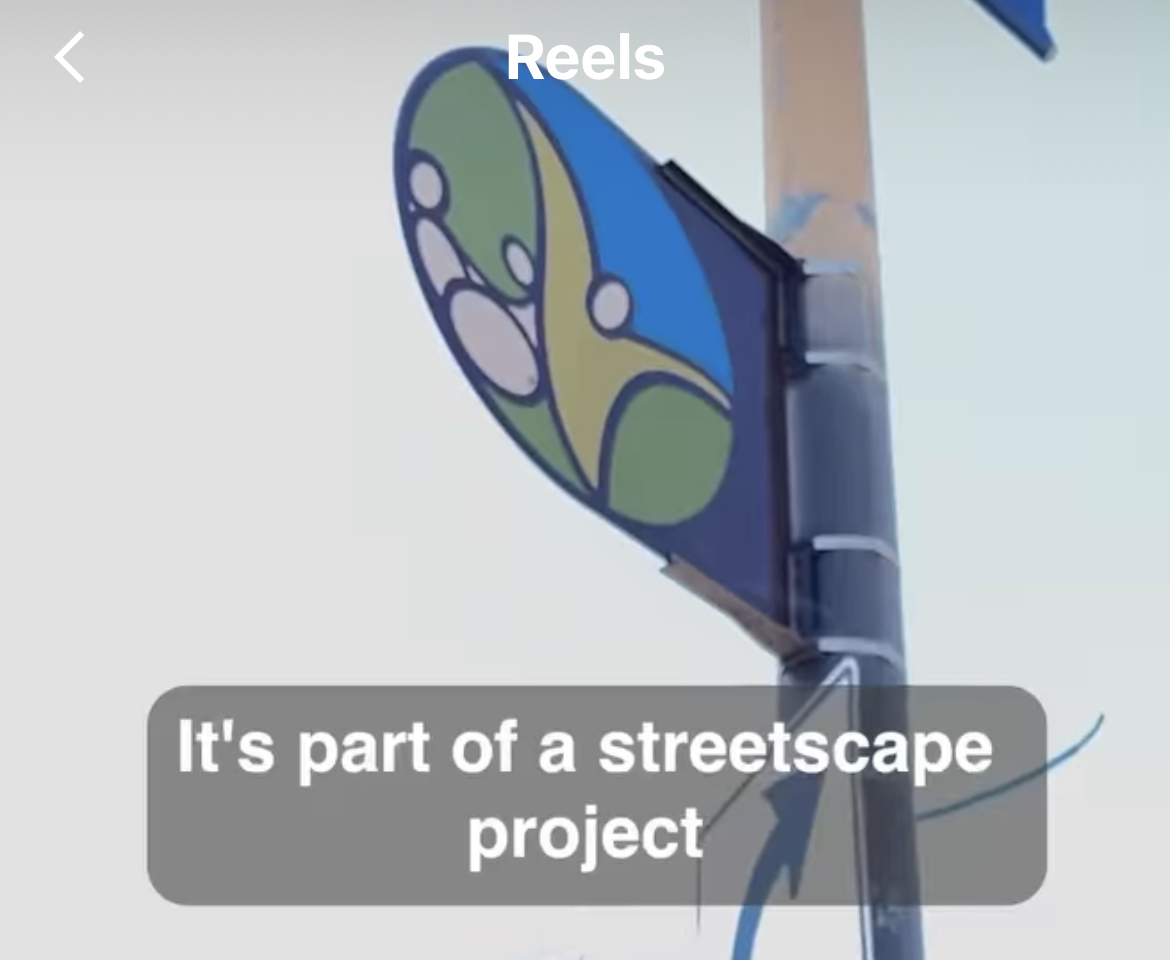We'll kick off 2010 with a post from Streetsblog Network member Hub and Spokes about the perils of subsidizing stadiums in the hope of getting a big economic return:
This
seems like a lesson that every city needs to learn for itself: Stop
funding private (sport stadiums) with public money. There seems to be a
notion that a stadium is for the good of all and will spur economic
development in the surrounding areas. This might be true
sometimes, but for the most part stadiums drain the city coffers and
produce little economic development. The Metrodome in Minneapolis is a
great example. It is an island on the eastern edge of downtown. What
economic development has it created? A sea of surface parking lots for
game days, that is about it.
Hub and Spokes's author, Matthew Ides, goes on to cite a December 24 New York Times
article that may have escaped your notice in the holiday rush. It
reports on how taxpayer-financed stadium deals around the country are
blowing up in the faces of the municipal officials who pushed for them,
focusing on the particularly egregious example of Cincinnati's Paul
Brown Stadium.
In New York, local businesses in the Bronx have complained
they're being hurt rather than helped by the new Yankee Stadium, which
is designed to encourage fans to spend all of their game-day dollars
within the ballpark walls. Meanwhile, Brooklyn's Atlantic Yards
project, which centers on a stadium for the NBA's Nets, grinds forward, with one of the last property owners holding out on the site reportedly considering moving out. Both the Nets and the Yankees deals earned a place on our 2009 Streetsie roll of shame.
More from around the network: The National Journal's Transportation Expert Blog wants to know what the three top transpo developments of 2009 were. Orphan Road writes about the perceived right to free parking. And Human Transit writes about how geographic chokepoints incentivize transit use in Seattle.

